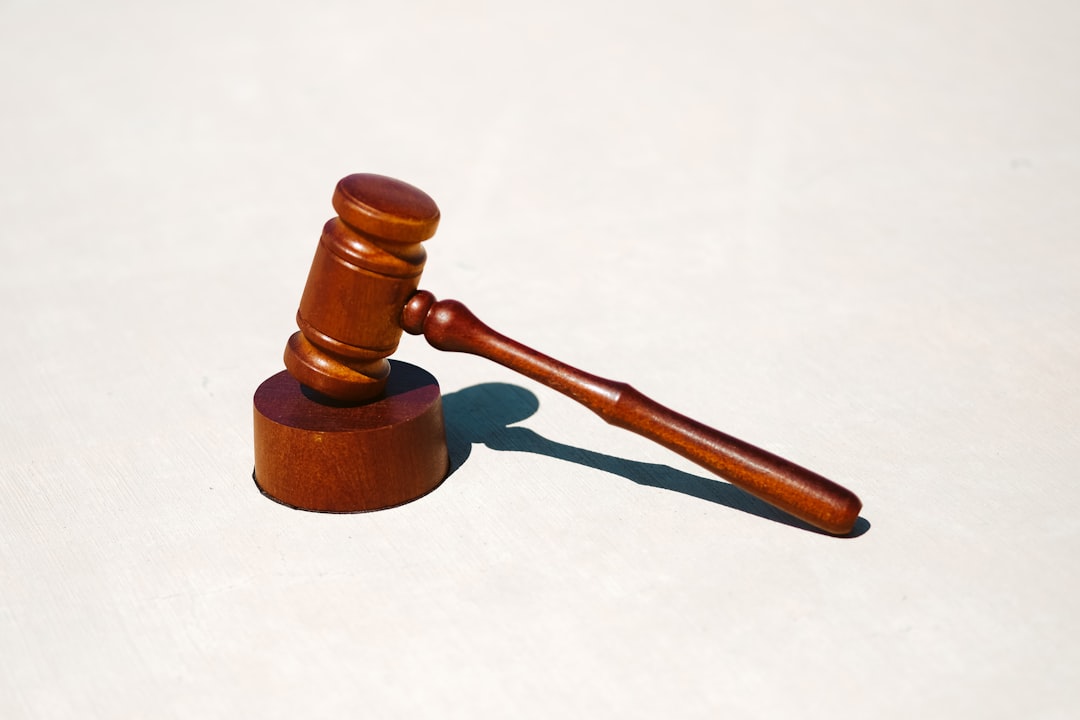“In California, where sexual assault laws are stringent, having an expert legal defense is paramount. This article guides you through the complex process of defending against such charges, offering insights into crucial aspects often decisive in these cases. We explore the nuances of understanding California’s sexual assault laws, the pivotal role of a specialized attorney, and strategies for building a robust defense. From gathering evidence to navigating the legal process, this comprehensive overview equips readers with knowledge, emphasizing the importance of expert representation for a fair outcome.”
Understanding Sexual Assault Laws in California

In California, sexual assault is taken extremely seriously, with strict laws in place to protect victims and hold perpetrators accountable. A sexual assault lawyer California plays a vital role in navigating this complex legal landscape. They are experts in understanding the nuances of California’s Sexual Offense Registration Act, which dictates penalties for various degrees of sexual assault, ranging from misdemeanor to felony charges. These professionals also grasp the importance of timely reporting, as per California Penal Code Section 1119, ensuring that evidence and witness testimonies are preserved for trial.
Moreover, they are well-versed in the state’s “one-strike” law, which imposes harsher penalties on individuals with prior sexual offense convictions. This comprehensive knowledge allows a sexual assault lawyer California to provide robust defense strategies tailored to each case, focusing on protecting the rights of the accused while ensuring justice for the victim.
The Role of an Expert Attorney in Defense

When facing sexual assault charges, having an expert attorney by your side is invaluable. A skilled sexual assault lawyer in California understands the intricate legal aspects and societal implications of such cases. They play a pivotal role in navigating the complex web of laws, procedures, and potential biases that often accompany these trials.
These attorneys employ specialized knowledge to construct robust defenses, ensuring clients receive fair representation. They advocate for their clients’ rights, challenge evidence, and provide strategic guidance throughout the legal process. An expert sexual assault lawyer California can make all the difference in the outcome of a case, offering invaluable support and expertise to those who have been accused.
Building a Strong Case: Evidence and Testimonies

Building a strong case for sexual assault cases in California requires meticulous collection and presentation of evidence, as well as compelling testimonies. A sexual assault lawyer in California will gather detailed accounts from the victim, including medical records, police reports, and any physical evidence such as DNA or forensic tests. Additionally, expert witnesses can provide crucial insights that help establish the credibility of the case.
Testimonies from friends, family, or colleagues who know the victim well can corroborate their version of events, while mental health professionals may offer testimony regarding the psychological impact of the assault. In California, where sexual assault laws are stringent, a seasoned lawyer understands the importance of thorough preparation and presentation to ensure a fair trial and maximize justice for the victim.
Navigating the Legal Process: From Arrest to Trial

Navigating the legal process after an arrest for sexual assault in California can be daunting, but with the right support, individuals can protect their rights and seek justice. A skilled sexual assault lawyer in California plays a pivotal role in guiding clients through this complex system. They begin by thoroughly reviewing the case, understanding the evidence against their client, and identifying potential defenses. This initial phase is crucial as it sets the strategy for the entire legal process.
During pre-trial proceedings, the sexual assault lawyer in California files necessary motions, challenges any illegal evidence obtained during arrest or investigation, and prepares for trial. They may also engage in plea negotiations with prosecutors, aiming to reach a resolution that considers both the severity of the charge and their client’s best interests. The ultimate goal is to ensure a fair trial and advocate for the most favorable outcome, whether through acquittal, reduced charges, or a negotiated plea.



